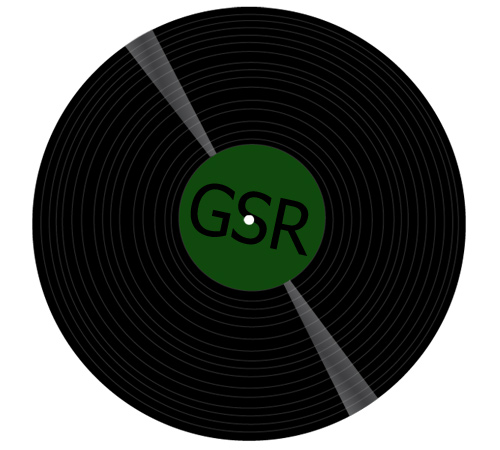Climbing the green charts

ME Online
October 30, 2007
Sixteen or so of the members of Green Street Records sat in desks facing the chalk board in a small Lincoln Hall classroom. Alexandra Davis, co-vice president of Artist and Repertoire, had written on the board the 19 artists whose submissions received the highest votes from the night before when all 34 submissions were reviewed anonymously.
The group was getting closer to deciding which artists would get the chance to professionally record their song and be featured on Green Street Records’ annual compilation album – for free.
Starting with number one, Davis went through the list asking if anyone had any objections to the song being on the board. The first two made it with no objections, but on number three a hand went up.
“Do we need to hear this one again?” Davis asked.

Get The Daily Illini in your inbox!
There were nods and Jeff Smith, co-vice president of Artist and Repertoire, pressed play on the iPod at the front of the room.
At the beginning of the meeting, arguments about the songs were very respectful. People would quietly listen as another member would argue against their favorite song and patiently await their turn for rebuttal. A couple of songs later, the debate was no longer as polite.
“We don’t want to take that risk,” Davis said. “That could have been their best effort.”
“With the compilation you need to keep people listening,” said Chris Hassen, vice president of public relations.
“But you need to look at quality,” Davis said. “If it is not the same quality as the other songs we shouldn’t include it just for variety.”
Quality was a big theme of the night.
Green Street Records does not take the caliber of the recording into consideration when deciding, but distinguishing between quality of the recording and quality of the song was a challenge.
“I think people could have voted against it because it wasn’t a good quality of recording,” said President Brad Miller from the back of the room about another song. “I think that has potential to do wonderfully in the studio.”
“They could definitely benefit from a producer,” agreed David Brandwein, member of Green Street Records. “They know what they want, they just don’t know how to get it.”
The group also had to achieve a balance between bands that were more or less established and had a following, and bands that were unfamiliar and could really benefit from working with Green Street Records.
“(Green Street Records) survives because of everything else other than the CD,” said Matt McNamara, senior advisor. “The CD kills us. We need everything else about the band like how easy they are to work with, how good they are in the studio, because that costs us time and money.”
After three and a half hours, by the end of the second meeting the group had decided on the 13 bands that will be on the CD.
“We have some bands that are newer and unknown, and then I was very pleased to work with bands that we’ve worked with in the past and have a following,” Miller said.
Miller said it is too early to see if Green Street Records achieved its goals with the CD.
“I don’t think we’re at a point where we can evaluate our goals because they haven’t been in the studio yet,” Miller said. “I think we’ve achieved our goals as far as diversity. I don’t think we’re there yet to achieve our goals of having a successful CD.”






